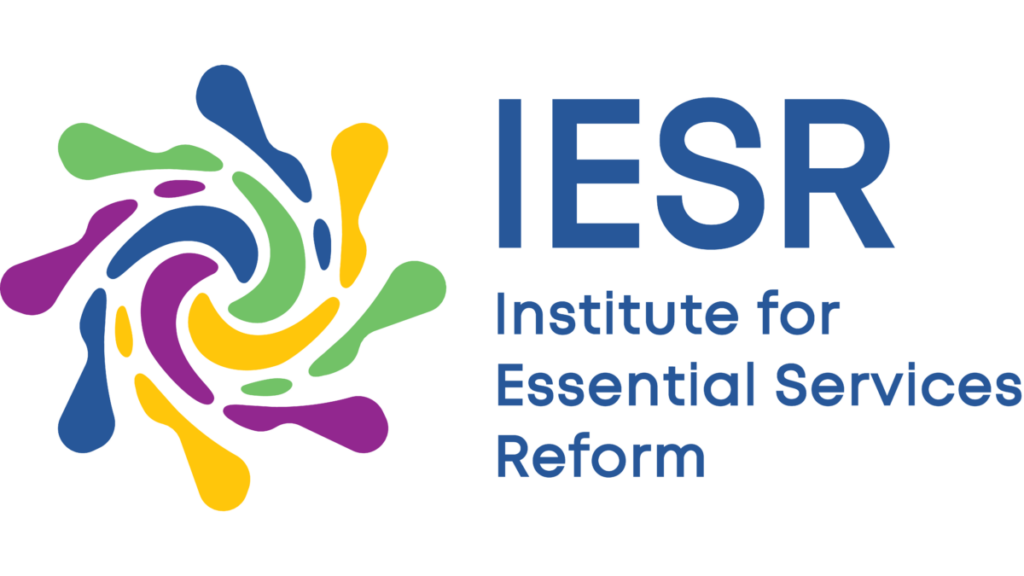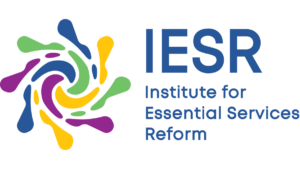Background
Indonesia has enormous renewable energy potential, strategically positioning it to become a major producer of green hydrogen. As a clean energy carrier, green hydrogen plays a strategic role in supporting the decarbonization of hard-to-abate sectors, strengthening national energy security, and facilitating the integration of renewable energy by functioning as a flexible load and energy storage medium. Furthermore, green hydrogen also opens up opportunities to expand access to clean energy in remote areas.
The government has developed a national strategy and roadmap for hydrogen and ammonia development, which serves as the initial framework for shaping policy direction in this sector. Several ministries, state-owned enterprises (SOEs), and private sector actors have initiated feasibility studies, pilot projects, and cross-border collaborations as part of efforts to build a domestic hydrogen ecosystem. These initiatives provide an important foundation for the development of a hydrogen economy in Indonesia.
However, unlocking the full potential of green hydrogen in Indonesia requires more than just infrastructure and policies. It also requires a trained workforce. This year, BAPPENAS (National Development Planning Agency) published a green jobs roadmap that includes workforce development for the energy transition. However, the role and skills associated with hydrogen in the roadmap are still limited to the electricity system sector, necessitating further exploration across the entire hydrogen value chain. Without a coordinated effort to develop the necessary skills, certification, and training systems, the hydrogen transition could be hampered by labor shortages, a mismatch between skills and industry needs, or a lack of local industry readiness.
In response to this need, the IESR invited experts and competent institutions to assess the labor market implications of the green hydrogen transition, including identifying emerging economic challenges and opportunities, the shifts in job types, and mapping the skills and systems needed to support them. This study aims to support national efforts to align workforce development with hydrogen adoption, ensuring a just and inclusive transition.
Timeline Proposal
Prospective service providers must submit a proposal package consisting of a technical proposal (background, tasks to be performed, methodology, schedule), a cost proposal (total proposed labor rates and other costs), and a relevant resume and portfolio. All bidders are also required to submit administrative bidding documents, which can be downloaded through this link: s.id/documentsrfpcommsiesr.
Proposals will be accepted no later than 11:59 PM Western Indonesian Time (WIB, GMT+07) on Sunday, September 7, 2025. Any submissions received after that date and time will be deemed inadmissible. Please address questions and submissions to rheza@iesr.or.id and cc warih@iesr.or.id, anindita@iesr.or.id, alifiadarmayanti@iesr.or.id, and deasy@iesr.or.id. Please include “RFP Response – Research Consultant for Labor Market and Skills Required for Indonesia’s Green Hydrogen Economy” in the email subject line.
GETI-RFP-Workforce-and-Skills-Mapping-in-GreenHydrogen-Sector_vF_27082025-signed
Download



